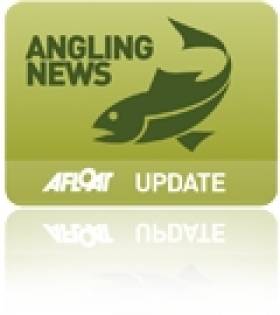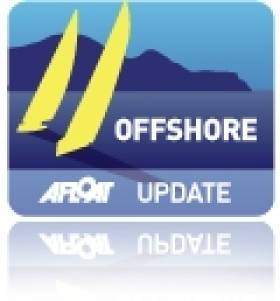Displaying items by tag: money
Carlow CAC Receives Bursary for Disabled Angling Efforts
#ANGLING - Carlow Coarse Angling Club chair Gerry McStraw was presented last week with a special bursary by Carlow Sports Partnership for the club's efforts in helping disabled anglers to participate in the sport.
According to the Enniscorthy Guardian, McStraw was joined by Carlow CAC PR officer Ian Warburton and treasurer George Quinlan in receiving the money from Carlow Sports Partnership chair Tracey Byrne and Carlow County Council's Thomas Kinsella.
McStraw was recently highlighted on Afloat.ie for his spearheading of the revival of coarse fishing in Ireland.
The bursary will be used to buy equipment essential to running more coarse angling programmes in 2012.
Carlow CAC will also host three of the six weekends for the National Coarse Fishing Federation of Ireland's qualifiers next spring and summer.
Captains Discuss Yachting's Future
For the future of yachting, look to the east - so says a roundtable of yacht captains hosted by The Triton.
"You've got to follow the money," said one captain at the open discussion. "And right now, the money is coming from Russia, China and South East Asia."
The group lamented that the influx of 'new money' among those buying boats has seen a loss of yachting traditions among owners, and an emphasis on status and interior style over boating performance.
One new skipper suggested that it was the captain's duty to teach novice owners about the traditions of yachting - such as just relaxing and enjoying the experience, rather than keeping to a strict schedule of activities.
Other trends the captains pinpointed for yachting's future include smaller crews with greater certification.
The Triton has more on the story HERE.































































